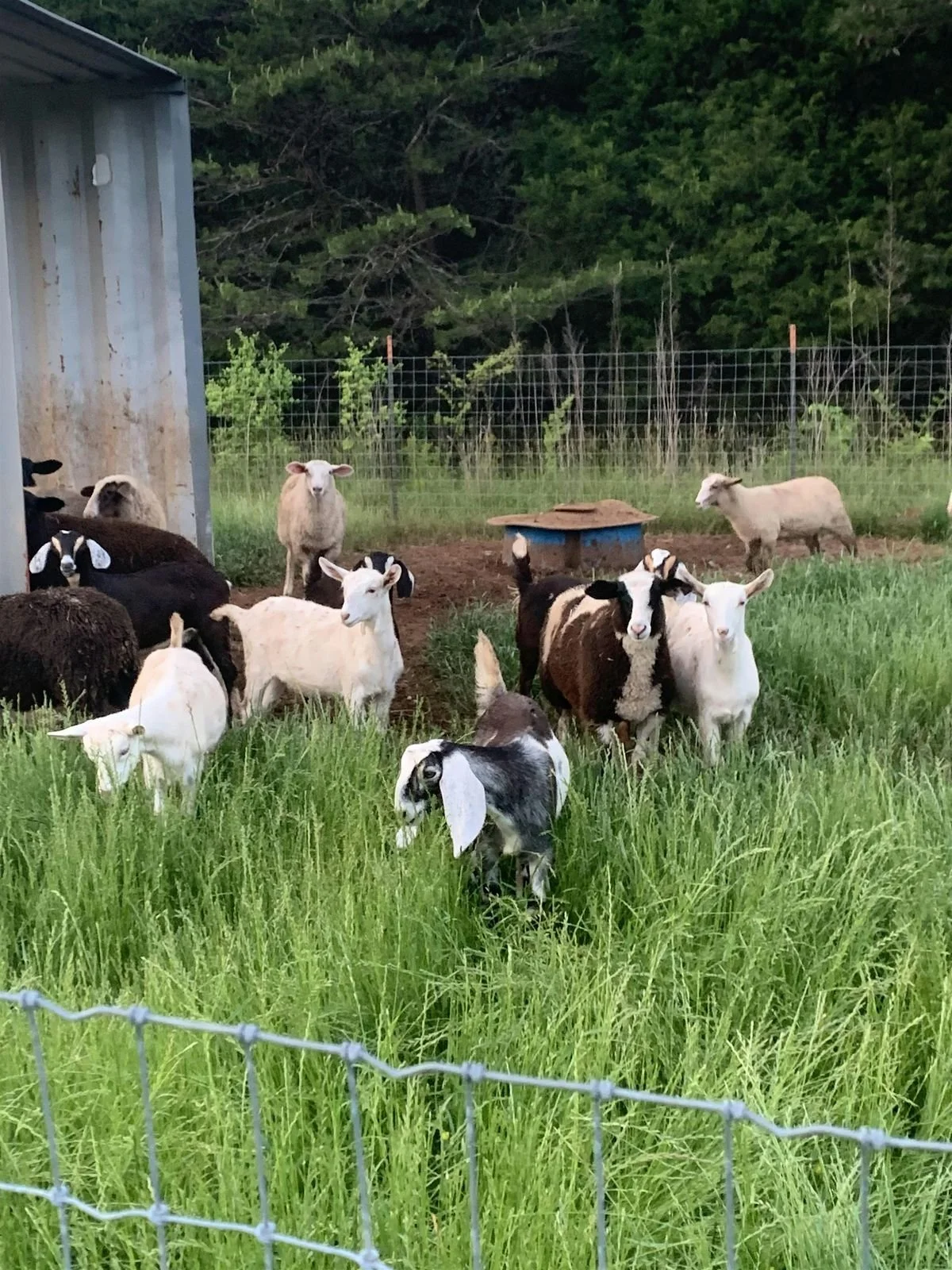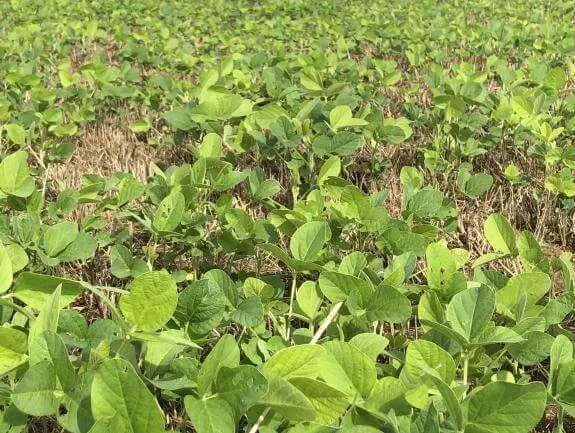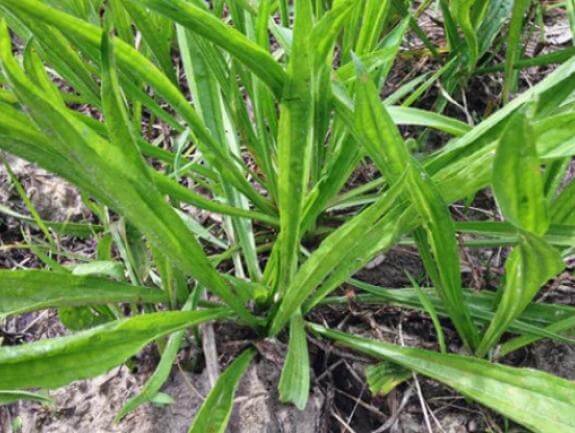
Nutrition and Forage
At Whispering Pines Dairy, our animals thrive because we feed them the way nature intended - on pastures full of variety, not just one kind of grass.
When the soil is alive, the forage is rich, and the animals return that health in their milk and their strength.
Why We Plant Polyculture
Instead of a single crop, we sow a mix of grasses, legumes, and forbs. That diversity keeps our land balanced and our herds thriving:
Our sheep produce more milk with better protein.
Our goats stay active and healthy because they can browse a wide mix of plants.
Our cows stay consistent and strong with high-energy forage.
And the soil benefits too—better water retention, natural fertility, and resilience through droughts or pests.
“You can see the difference in the milk: richer cream, golden color, and healthier animals that thrive on diverse forage.”
What Makes a Healthy Forage Mix?
Our pastures aren’t just one kind of grass. They’re a balanced mix of grasses, legumes, forbs, and brassicas that feed the soil and the animals.
Grasses
Examples: Ryegrass, fescue, orchardgrass, sudangrass
Why they matter: Backbone of the pasture. Provide steady energy, bulk forage, and long grazing windows.
Animal benefit: Keep cows, goats, and sheep full and fueled.
Legumes
Examples: Clover, alfalfa, vetch
Why they matter: Fix nitrogen naturally to build soil fertility without heavy synthetic inputs.
Animal benefit: High in protein and minerals to support milk yield and body condition.
Forbs (Broadleaf)
Examples: Chicory, plantain, dandelion
Why they matter: Deep roots mine minerals, improve soil structure, and boost pasture diversity.
Animal benefit: Animals self-select them for minerals and natural parasite-fighting properties.
Brassicas
Examples: Kale, turnips, rape, swedes, radishes, hybrids
Why they matter: High-yielding, fast-growing annuals that extend the grazing season and open compacted soils.
Animal benefit: Rich in protein and energy. Livestock love the sweet, tender leaves and roots.
The Seeds We Trust
We work with Southeast AgriSeeds, whose blends are built for farms like ours in the Southeast. Their polyculture mixes are proven to boost soil health and animal nutrition.
We believe in them so much that we became a vendor.
If you want to improve your pastures—whether you run a farm, keep a few goats, or are just starting out—you can buy the same seed we use here. Contact us to place an order.
Farming With the Soil, Not Against It
Our job isn’t to fight nature, it’s to work with it. We rotate pastures, plant cover crops, and let manure cycle back into the earth.
That means cleaner forage for the animals and fewer chemicals in the system.
Rotational grazing lets forage recover naturally.
Cover crops protect bare soil and feed soil microbes.
Plant diversity keeps fertility high without heavy inputs.
Manure cycles back into the land instead of being wasted.
Want to see it firsthand?
Come join one of our farm classes & events where we show how these systems work in real life.
Need Help Getting Started?
Pasture management can feel complicated, but you don’t have to figure it out alone.
Debbie has walked these fields for years and can help you match the right seed to your soil and goals.
Use the form below to reach out, or volunteer for a day to see how it works here on the ground.
Frequently Asked Questions
-
Polyculture is the practice of planting many types of forage together—grasses, legumes, and broadleaf plants. It mimics nature, giving animals variety and keeping the soil healthier than single-crop pastures.
-
Yes. You don’t need hundreds of acres.
Even a couple of acres, or less, benefit from polyculture planting. Southeast AgriSeeds offers mixes that work well for small-scale setups. -
No. While large farms often use seed drills, smaller plots can be planted with broadcast seeders or even by hand. Debbie can advise you on the best approach for your setup.
-
Most blends establish quickly, and you’ll notice more animal interest as soon as the plants come in. Soil benefits—better structure, more organic matter—continue to build season after season.
-
Because we use the same seed ourselves. We’re not just selling a product—we’re farming with it, testing it, and proving it every day with our sheep, goats, and cows.





